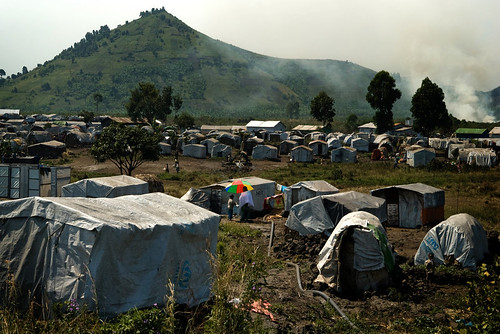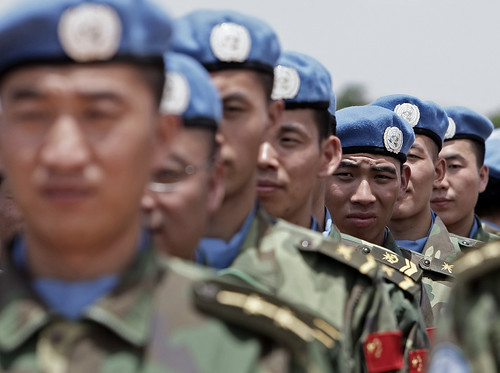
In what has generally been reported as a “major coup” for African Union forces – and by extension the KONY2012 faithful – a senior LRA commander, Caesar Achellam was detained over the weekend while crossing the border between the Democratic Republic of Congo and the Central African Republic.
While the Ugandan army (the UPDF) were quick to exclaim that they had captured a “big fish” and many reported that Achellam’s arrest marked a huge victory in the hunt for Kony, there are good reasons to be skeptical of these claims.
Who is Caesar Achellam?
Achellam is a senior commander in the LRA. He was, at least as of 2008, a Major General. It was reported that he was close to Vincent Otti, the LRA’s second in command who was executed in 2008, on orders from Kony, for having been too deeply involved in efforts to resolve the ongoing conflict. Many of those who were close to Otti feared for their lives and Achellam apparently sought to surrender himself. While it is unclear how, he clearly regained the trust of Kony, rising to a prominent position in the LRA. Some say that, at the time of his “capture”, he was the fourth most senior commander in the LRA, perhaps even the LRA’s most senior strategist. Despite his seniority, however, Achellam is not amongst those LRA combatants indicted by the ICC.



